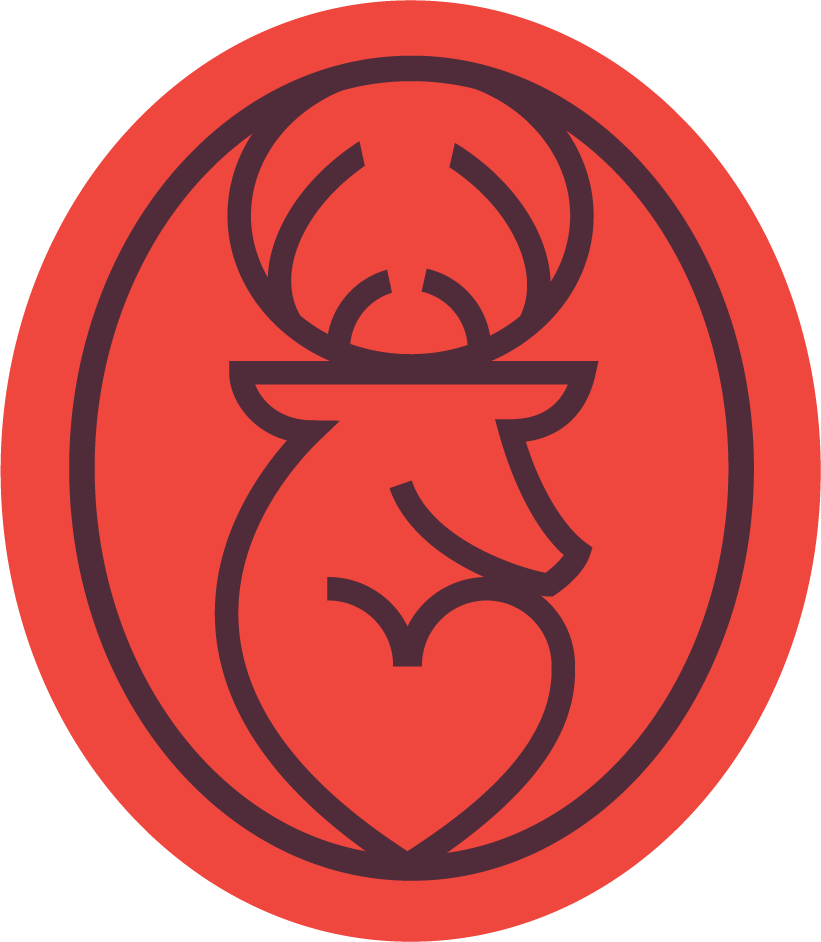Life After Burnout: One Doctor's Story
Kouros Farro MD, MBA, FAAFP knows how to survive.
Farro escaped Iran’s Revolutionary Guard in the early 1980s, walked across the border to Turkey, where he slept on the street, stealing food for months; then he lightened his hair, obtained a Danish passport and defected to Germany.
He knows perseverance.
“I am a refugee. I didn’t know a single word of German. Learned to speak it, then went to med school in Bavaria. I finished with honors, came to the California Institute of Medical Research in conjunction with Stanford (he published papers as a second author during that time). And then to University of Wisconsin, Duke and here (referring to the city in which he lives). I’ve worked with CDC on a project in a woman’s clinic in Afghanistan. I’ve done it all,” says Farro, 55. “When I see all those letters behind my name, I see perseverance.”
So, a year ago, when Kouros left his job as a primary care physician with the largest urgent care in his town, it was not as a quitter.
It was in protest.
When a patient faced a life-threatening allergic reaction and his clinic had no EpiPens, that was the straw that almost broke the camel’s back. The young patient survived, thanks to quick EMT response. But when Farro returned to the clinic five days later and there were still no EpiPens, that was the straw. He shut the clinic down, sent the only Medical Assistant across town to another location to get more. He gave notice with cause, citing lack of essential medicine and dangerous understaffing. He’d had practice speaking out against the establishment. But this time some 40 years later in the U.S., it wasn’t his life that was endangered. It was his reputation and the very career that he’d spent years establishing, crossing two continents and speaking three languages fluently to do so.
Farro talks to me over Zoom. Behind him hangs one of his photos of a landscape, beautifully framed. At his feet, lie his “girls”, his beloved dogs. Farro drew on the courage he’d found in Iran to stand up against what he calls a “toxic work environment and corrupt system.” While the decision to leave his job was all at once, burnout had been smoldering for some 8 years. “Some people think of burnout as getting too cynical or you don’t care about your patients,” he says. “For me, it wasn’t like that. I brought it all home. I was mad at home, mad at everything else. Even if I was walking my dogs with my wife, I brought everything home,” he says.
Farro’s passion for photography afforded him at least a small bit of relief along the way. “Photography helps me connect to nature and wind down and not think about all the misery at work.” But eventually, even his art was not enough honey to help him swallow the bitter pill of a dysfunctional work environment. “That’s it,” he says. “I need to stop this because it’s actually destroying my personal life.”
So, when Farro left his job it wasn’t only in protest, in protection of patients. It was the ultimate act of self-care.
With his dogs and his camera, and the unwavering support of his wife, also a physician, his “soul is beginning to heal,” he says. “I’m just taking care of [my dogs], taking care of the home and doing photography. Maybe this is the European side of me, but I think everyone needs art.”
In addition to landscapes, Farro loves pet photography, which also brings him in deeper connection to his wife and her passion — jumping horses — which he loves photographing as well. At its essence, photography enables Farro to zoom way out from his identity as a physician. “We are trained in our medical career to only think about medicine. But this is very dangerous. Life is not just about practicing medicine,” he says. “I do regret a little bit. I’ve made so many great marks in my professional career. But if I had to do it again today, it would not be medicine.”
But Farro also knows how to start over. He is a survivor and a creator.
He thinks about opening a photography studio. “I can move to Portugal and learn Portuguese. Maybe in five years we’ll just pack up our stuff and have a little more land, have a farm, and just be done with it.” He gets excited about this one especially. “We’ll do it. I promise. I’ll send you a message.”
And he wishes other physicians had this perspective too. “I tell my colleagues who are stuck in this dysfunctional system, there is a lot more out there.”
I ask him for photos to include with this story. In addition to the one published here, Farro sends a photo of a night sky filled with infinite stars. I wonder how many nights Farro slept under such a sky on the streets of Turkey, where he began the long journey to differentiate himself — to find himself here with all those letters after his name, wanting nothing more than to be beneath those stars outdoors with his wife, dogs and a camera.
